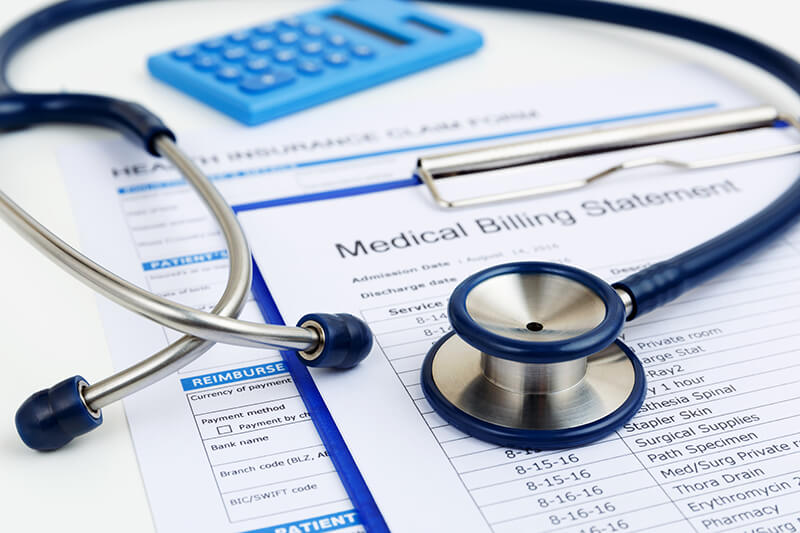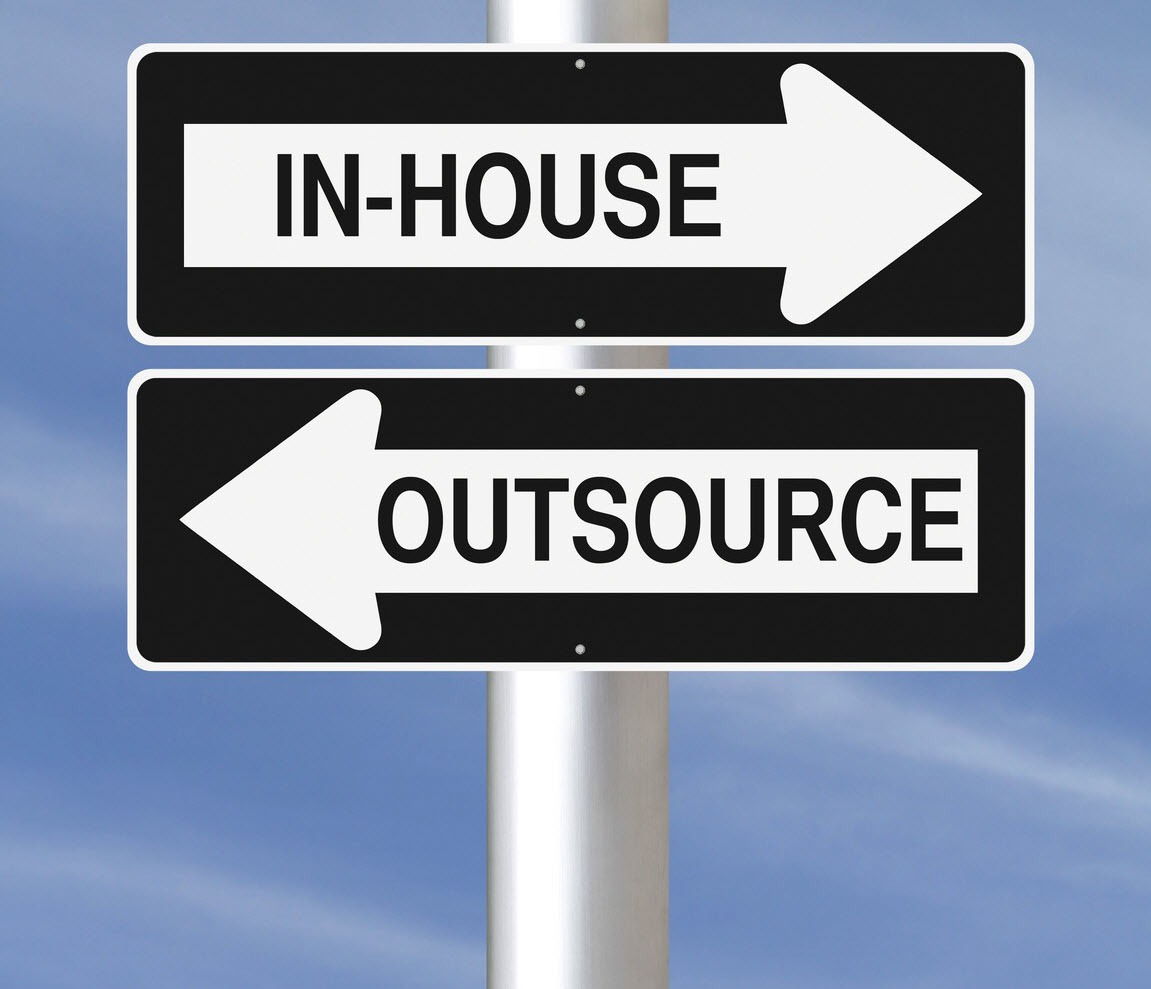
Every day, several patients visit a doctor with varying signs and symptoms. While all the records are well maintained in the system, you can not possibly expect the doctor to remember details of a patient that visited them three years back, unless it was a one of a kind cases in their profession.
Let’s assume that they have all the data at their fingertips( which is not possible) or they have it in their system, but to have to comment on it? Won’t they need to gather information, analyze and do thorough research to come to a conclusion about a patient’s present condition based on their medical history?
This is where they would need predictive analysis.
What is predictive analytics?
While the term “predictive analytics” says for itself, it is a concept of utilizing data, artificial intelligence and machine learning to predict what will happen in the future based on the patterns. The information can be used to make crucial organizational decisions which have the probability of enhancing productivity and minimizing the risk. Observing the behavior and the habit can help with identifying the area where a business be it automobile or healthcare is lagging. Predictive analytics can also help with minimizing the risk of errors and maximize the revenue generation possibility.
Which industries are leveraging from predictive analytics?
- Banking:
The primary concern of the banking sector is to provide exceptional customer service, mend the security loopholes in the transactions and enhance the efficiency of the workforce. Predictive analytics will prevent the probability of any illegal customer’s activity and encourage customer loyalty.
- Transportation:
Predictive data analytics can help public transportation providers enhance the journey by mapping customer journeys and gathering customized data for the traveling population, proffering services for an unexpected situation, etc. Problems like excessive traffic, road accidents can be mitigated.
- Retail:
Predictive analytics can help retail store identify the latest demand of the customer, according to which they can create a more personalized and relevant store for the customers. Customer drive can also be enhanced with predictive analytics, with software helping keep track of the customer’s shopping journey and behavior.
What is the need for predictive analytics in healthcare?
- Patient no shows have become common in the hospital, and while it might not look like something impactful, the gaps can lead to financial repercussion by completely disrupting the schedule for the day forward. Predictive analytics can help form a patient behavior pattern by which it can be determined which patient is most likely not to show up. This way they will be able to take a step further and remind the patients of their upcoming appointment, and in case they are unable to make it, suggest them of more suitable dates. This will not only minimize the loss of revenue but also increase patient satisfaction and speed of treatment and recovery.
- The dichotomy of improving the patient experience while keeping the operating cost low and to find the correct treatment for the patient can be a challenge for the healthcare practice. But this can be resolved with predictive analysis. It can help build a customized treatment based on the information gathered from various data sources such as race, age, health conditions, etc. This will help improve the patient’s condition, and the practice will have a satisfied patient.
- By implementing predictive analysis based out of machine learning in healthcare, the financial pressure on healthcare practices can be reduced drastically. Based on how the past payment pattern has been, a machine learning algorithm can predict when the future payment will be made. The determinants to be observed for predicting future payments include the claim type, payment made by the payer and such.
- Predictive analytics can help healthcare billing companies predict the insurance and product cost, by keeping a note on the patterns and trends that can help with revenue generation. Building a model based on these patterns and trends can help strengthen the possibility of revenue generation through leads.
- Healthcare facilities have a tough time building their customer engagement skills. But with predictive analysis, gauging upon the behavior of the patient’s and predicting their behavior can help with developing an effective communication system.
- Healthcare providers can also utilize predictive analysis to keep the patient engages with their clinical and financial responsibilities so that they are aware of the payments they are supposed to make and the lifestyle that they should follow to keep themselves fit.
- Predictive analysis when implemented right can help fight the data security issue looming over the healthcare organizations. Determining real-time risk by monitoring the data sharing, utilization and accessibility patterns, predictive analytics can help keep the data safe and secure by granting login access or asking for multi-factor authentication.
- Predictive analysis when adequately and judiciously implied to the healthcare challenges can help the authorities take better financial, administrative, and clinical decisions which will not only help dispense quality care but also enhance profitability, maximize the return on investment and reduce the overall operating cost.
- Predictive analytics can help with early diagnosis and treatment of life-threatening diseases especially those that do not show apparent symptoms until the patient is on the terminal stage. Furthermore, there is a possibility that two conditions have common symptoms. While one disease poses a threat to life, the other one can be cured with just over the counter medicines. But which one is the patient suffering from. Predictive analysis can help determine the disease, thereby increasing the accuracy of the diagnosis.
- Predictive analytics is a vast and profound technology which will keep evolving as the technology advances. Which means to implement it effectively the healthcare practice has to keep a tab on it. But why worry about what next is going to be predictive analysis that can impact your revenue cycle management when you can hire an RCM agency to take care of all the financial need your practice?
At Medphine, our certified billers and coders come with extensive hands-on training and remarkable experience to upscale a healthcare practice’s revenue generation, adhering to the compliance rules and regulation. Our comprehensive approach to efficiently manage every aspect of your revenue cycle to make sure your hospital’s finances are always flourishing and there is no delay in payment and minimum claim denials.
Are you looking for assurance?
Try Medphine’s 30 day trial period, which is a risk-free service which does not bind you to a long term contract.
Transform your healthcare practice RCM, today!



